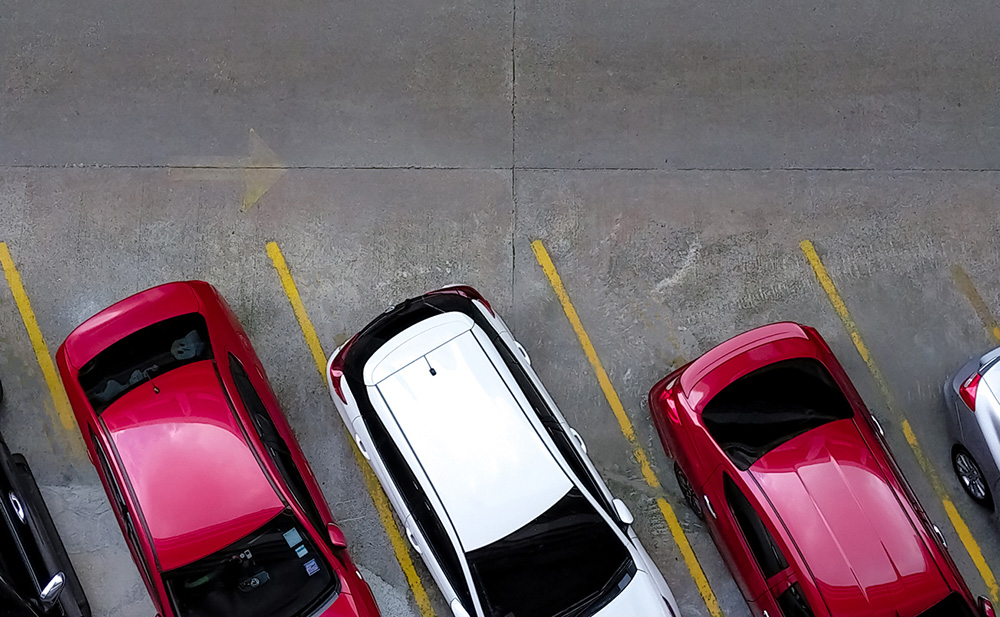

Colin Simpson—CEO, IBAO
You can’t go too far these days without encountering someone who has a story about car theft. I’ve had two cars stolen over the last couple of decades. The first—they broke into our house for the keys during the night while we were sleeping. It was our welcome to Toronto moment in 2000—our first year in the city. The second—they jacked the car from our driveway. Local police found the first car in a container with others as they broke a theft ring. That car was returned and quickly replaced. The second never made a reappearance.
Dorothy Renzi from Master Insurance has represented the IBAO on several panels relating to car theft. Panels that also included MPs, MPPs, regional counsellors and several police constables who agreed that the moves the industry is making right now are commendable. MP Damoff remarked in one meeting that they were most impressed by the insurance industry representatives’ efforts to combat vehicle theft by “taking a proactive approach in trying to mitigate these losses and help consumers.”
For those of you with a vehicle in the top ten most stolen vehicles, I hope you’ve engaged with your insurance company to install the latest and necessary theft deterrents in your car. I know I did. But what else can be done?
IBAO certainly applauds and supports the industry for establishing the Équité Association—an organization that:
….serves as a unified organization, delivering improved service and fraud analytics for vehicle, property, and cargo recovery. Leveraging relationships with law enforcement, partners and industry organizations, Équité serves as a centre point for insurance crime across all insurers, and is protecting Canadians by working to eradicate insurance fraud and crime. Équité is invested in diminishing crime in Canada and protecting all Canadians against exploitation.
There are two areas I think we need to focus on.
The Insurance Bureau of Canada has been proactively canvasing different levels of government on increased investment in the Canadian Border Services Agency (CBSA). This agency oversees the tightly controlled regulations and inspections over any container coming into Canada. It’s clearly of great concern and a priority to protect the Canadian public. But what about goods being exported? Containers leaving the country are inspected less frequently, which reduces the probability that the CBSA will catch car thieves as they export the spoils of their crimes out of Canada. By increasing the investment in the CBSA, perhaps we could shut off the supply chain to make vehicle theft less lucrative.
In late August, a news report outlined the UK Government and police forces’ consideration of plans to ban the use of keyless car hacking equipment—the equipment used to hack into a vehicle’s electronics to unlock and help start them, predominantly leveraged by organized gangs. Like all good ideas, this will undoubtably also have its challenges, but is certainly worth investigating.
The bottom line is that we’re all responsible for making vehicle theft difficult for the perpetrators. Unless we make the theft less lucrative or increase the consequences of being caught, we’ll likely continue to see a rise in cases. Although we should be making the theft of vehicles less attractive, we shouldn’t do this at the expense of personal safety. After all, it’s only an object, it should be insured, and it can be replaced.



